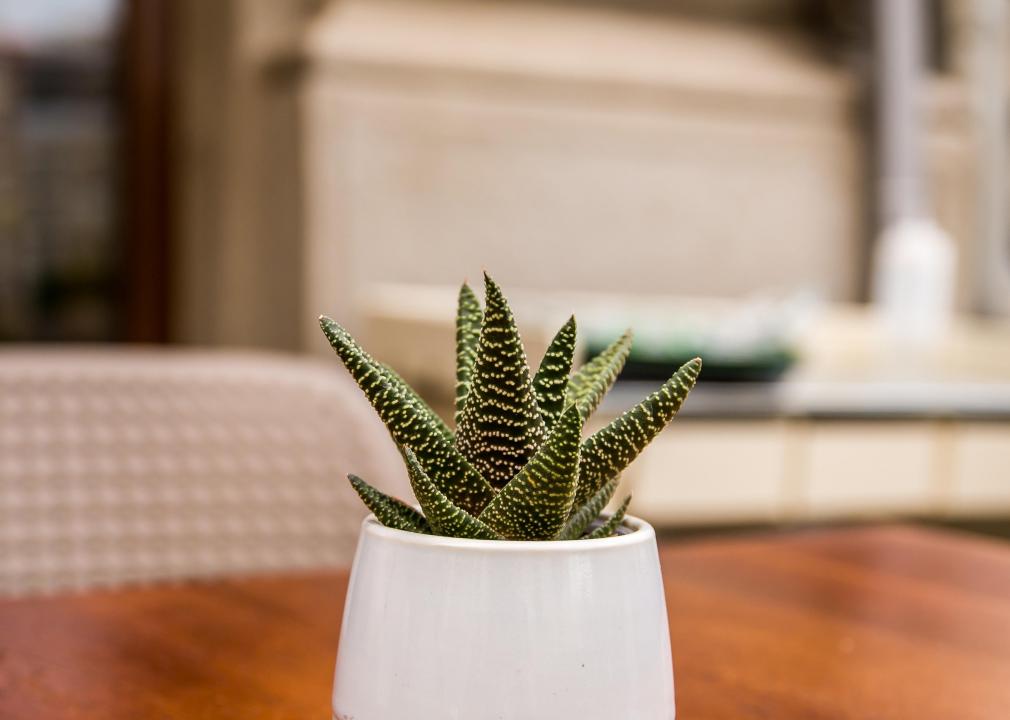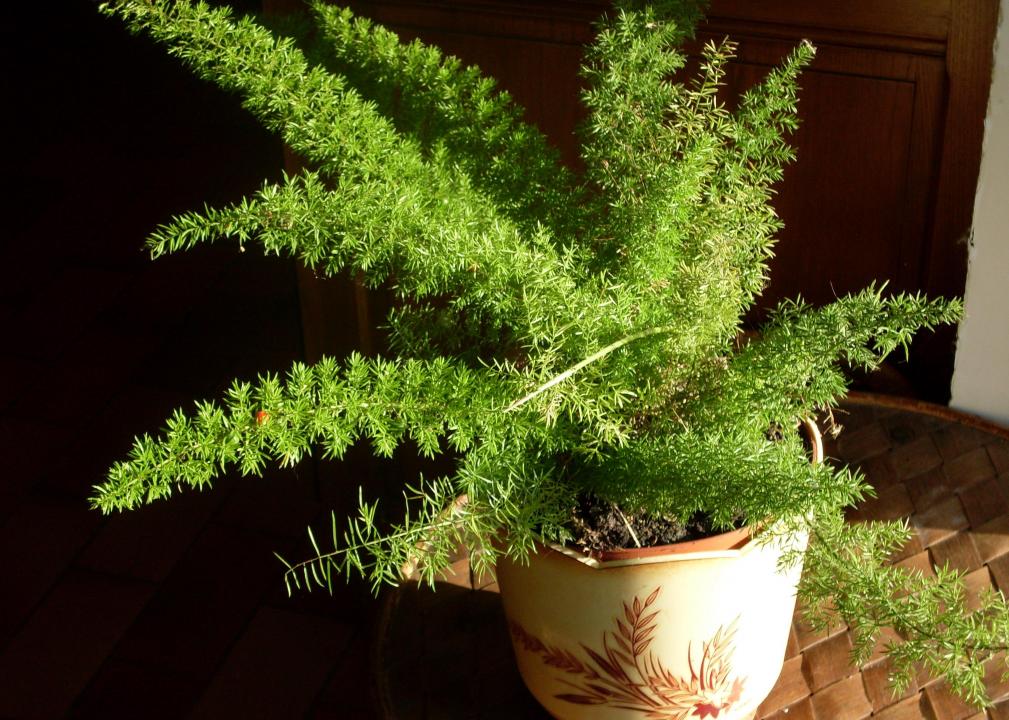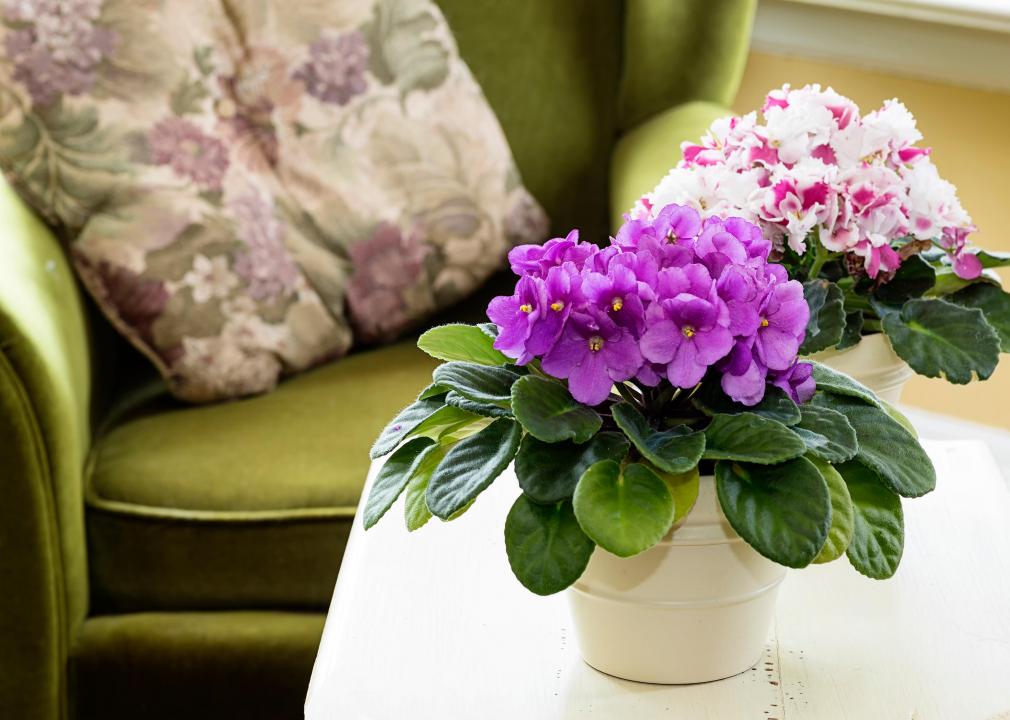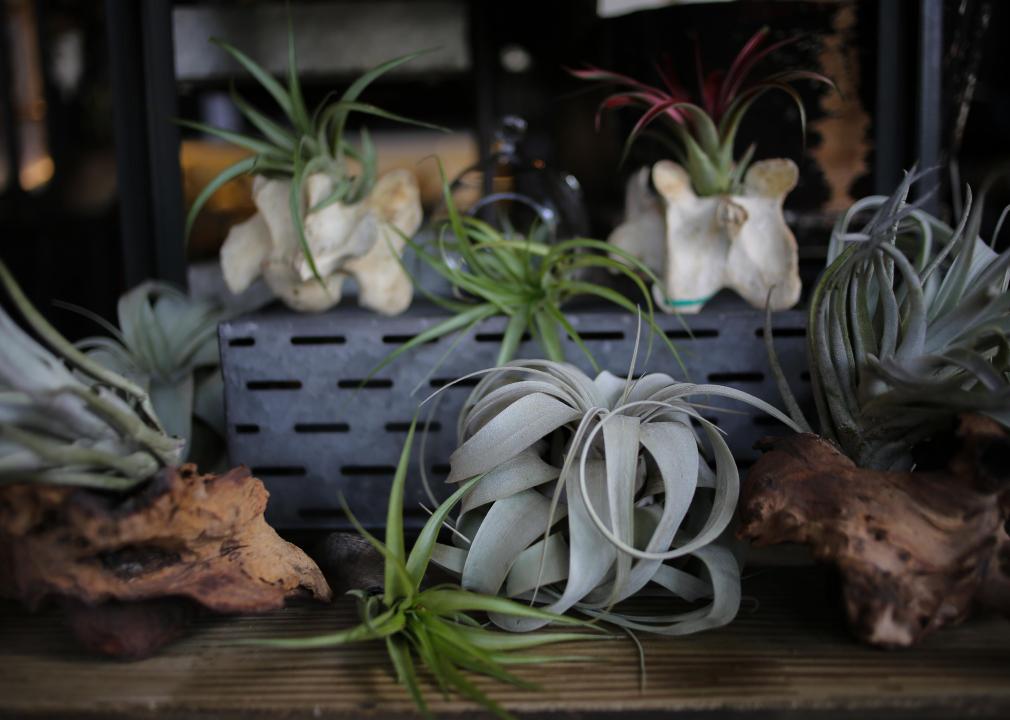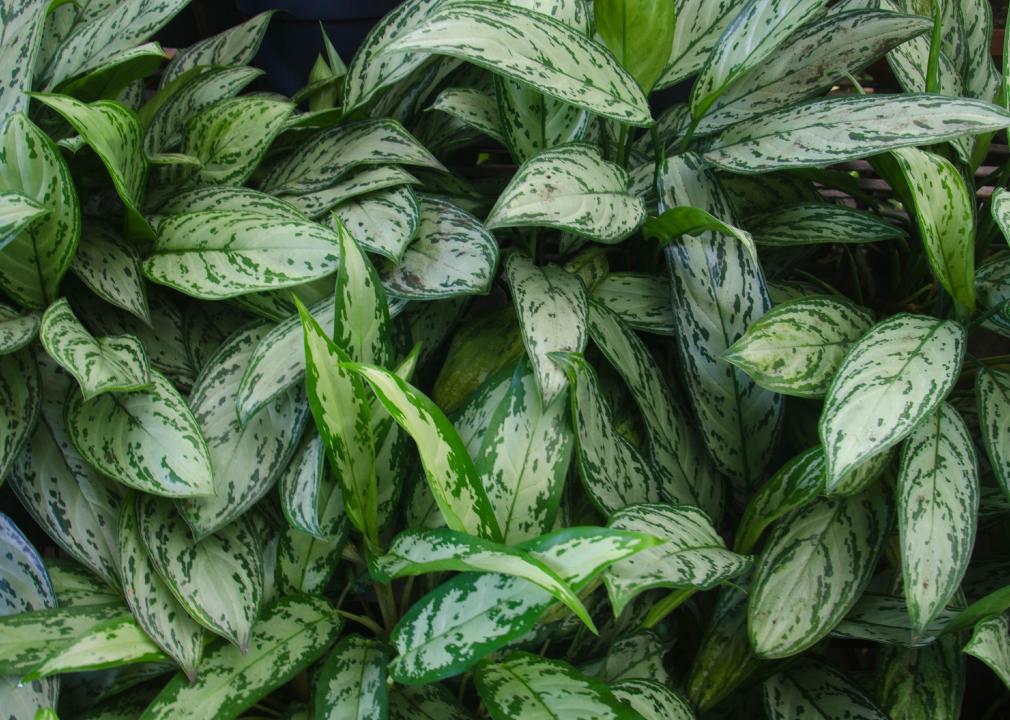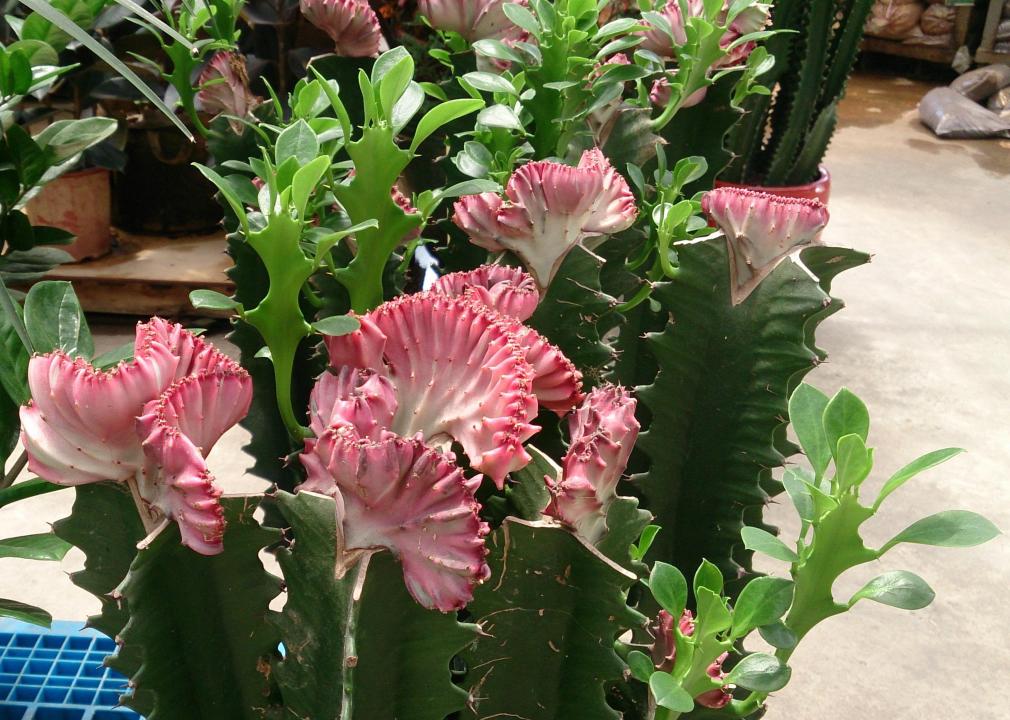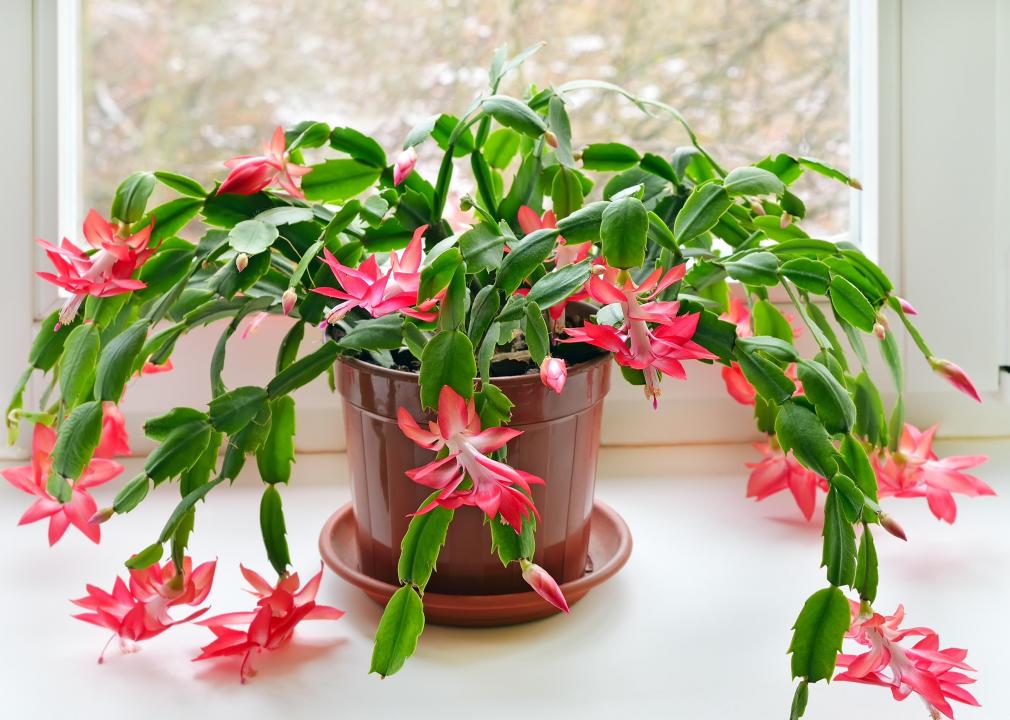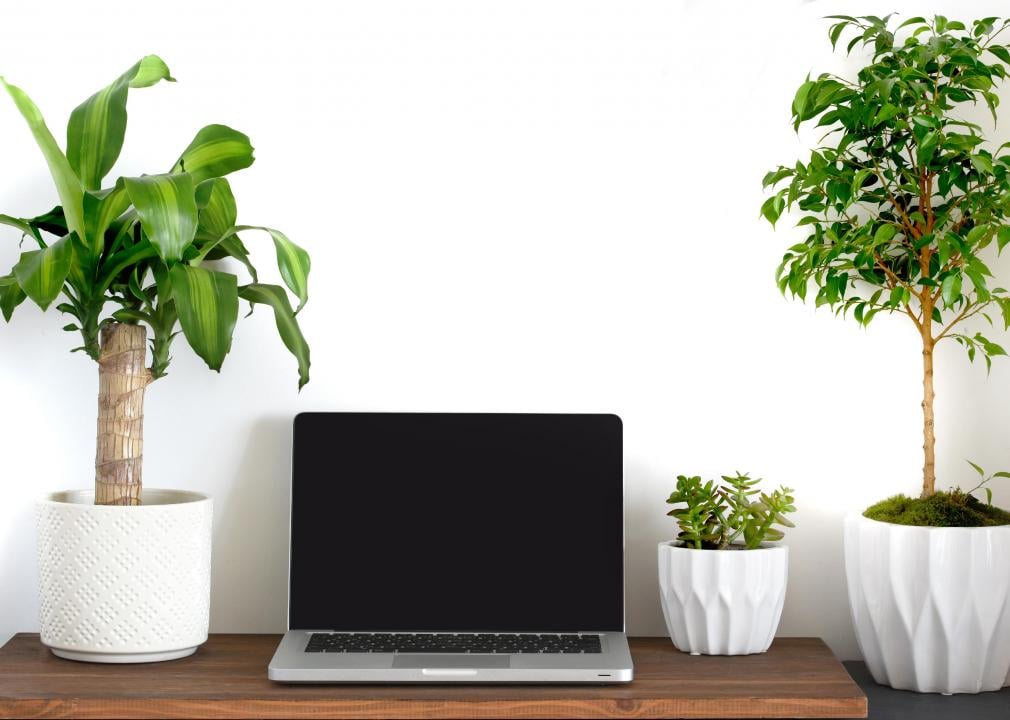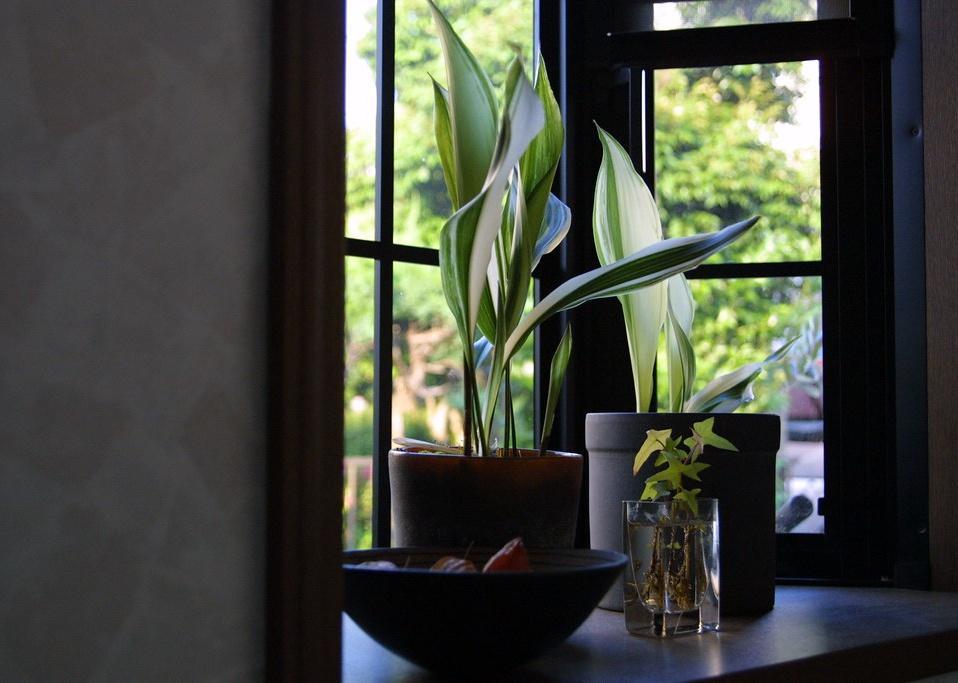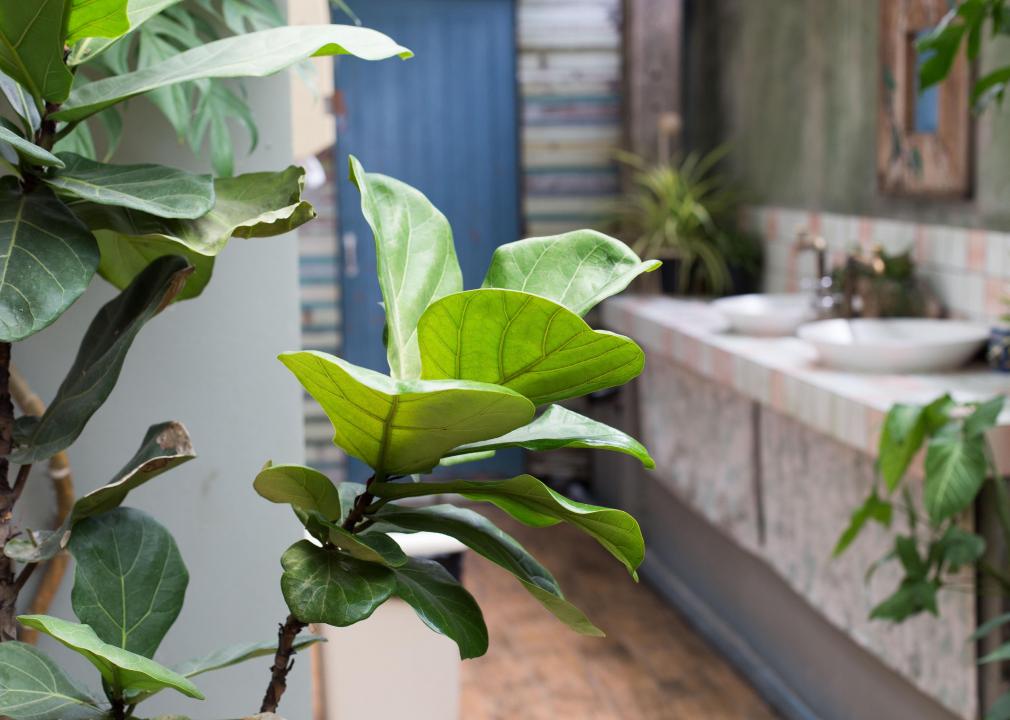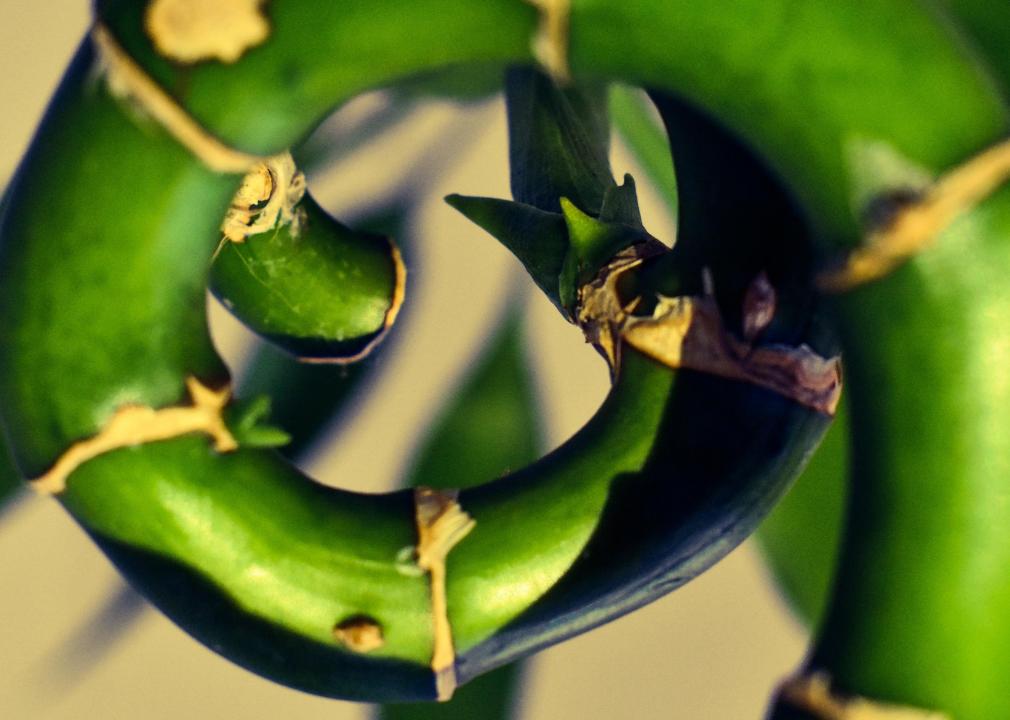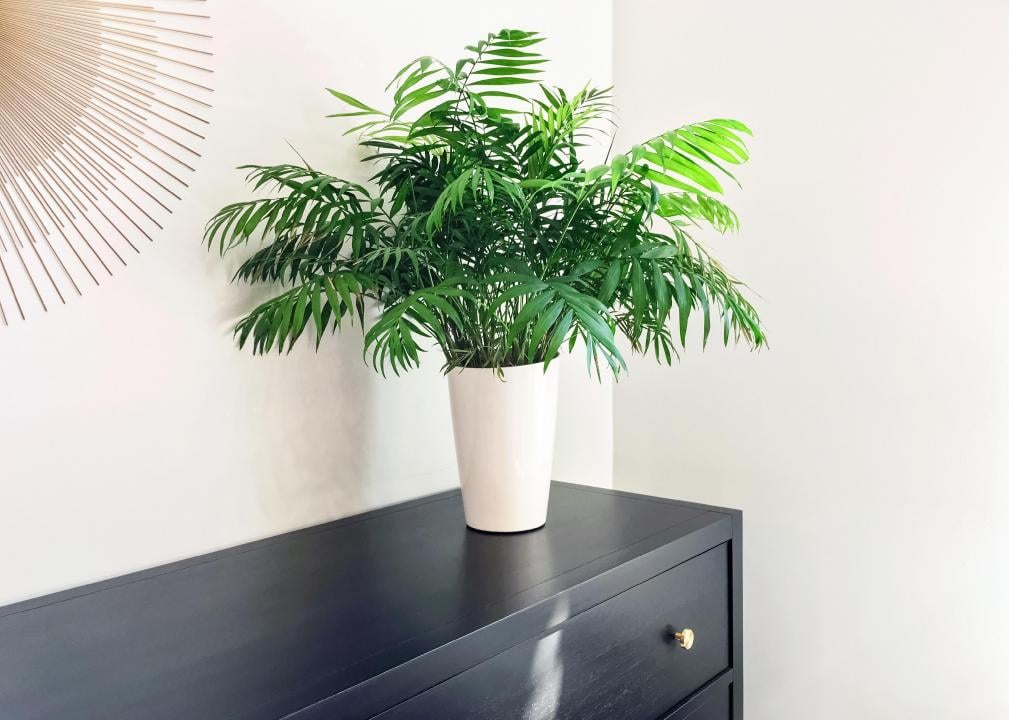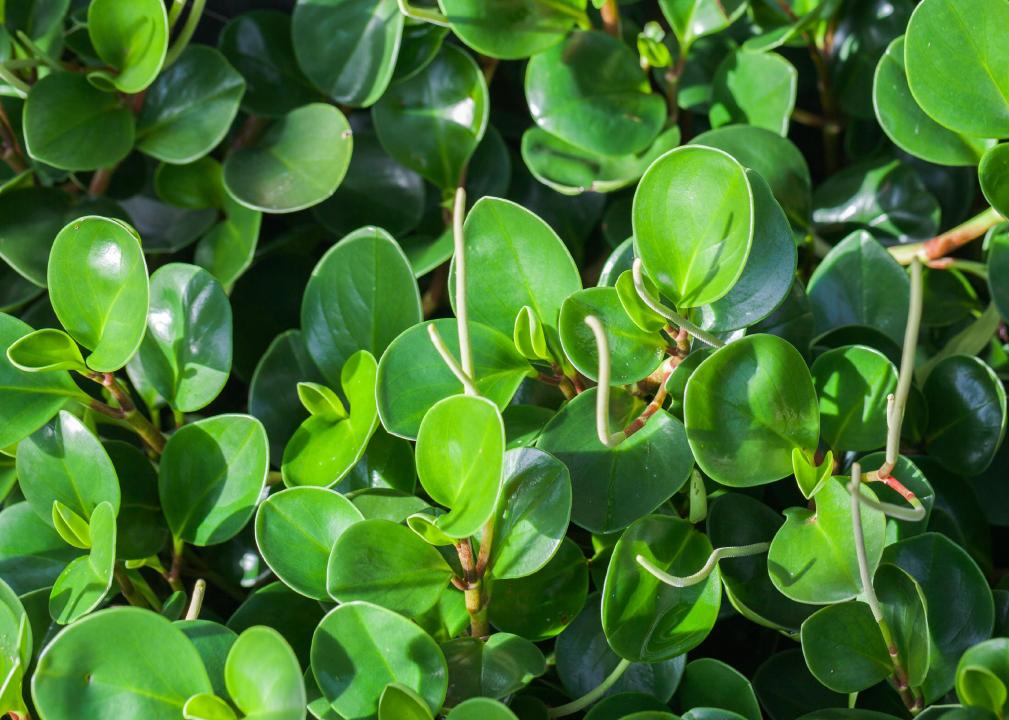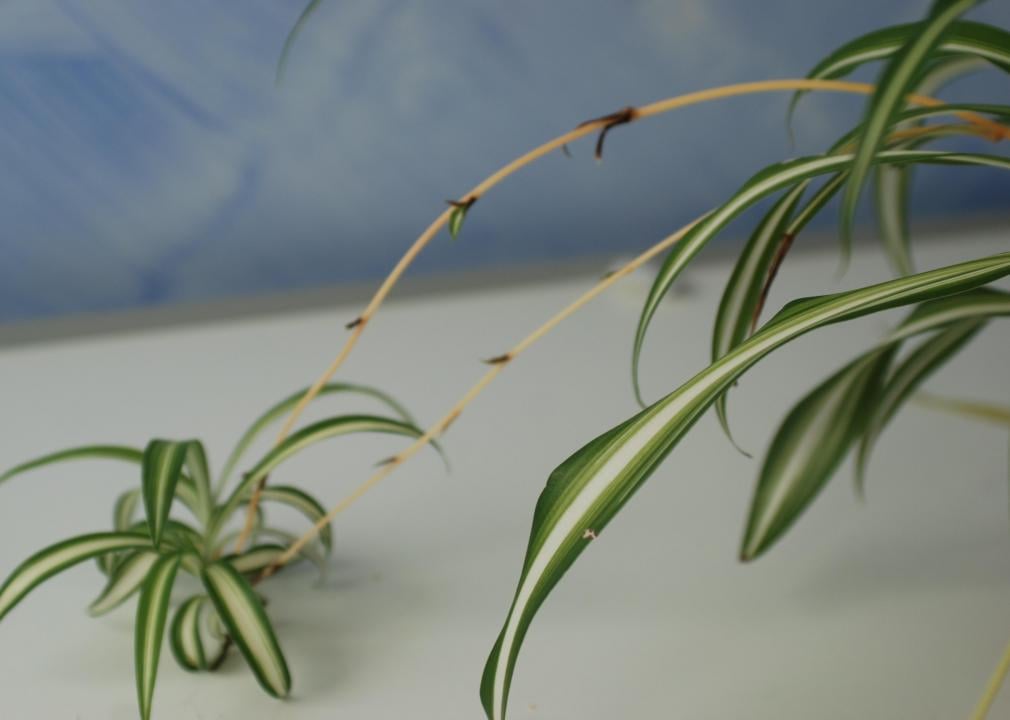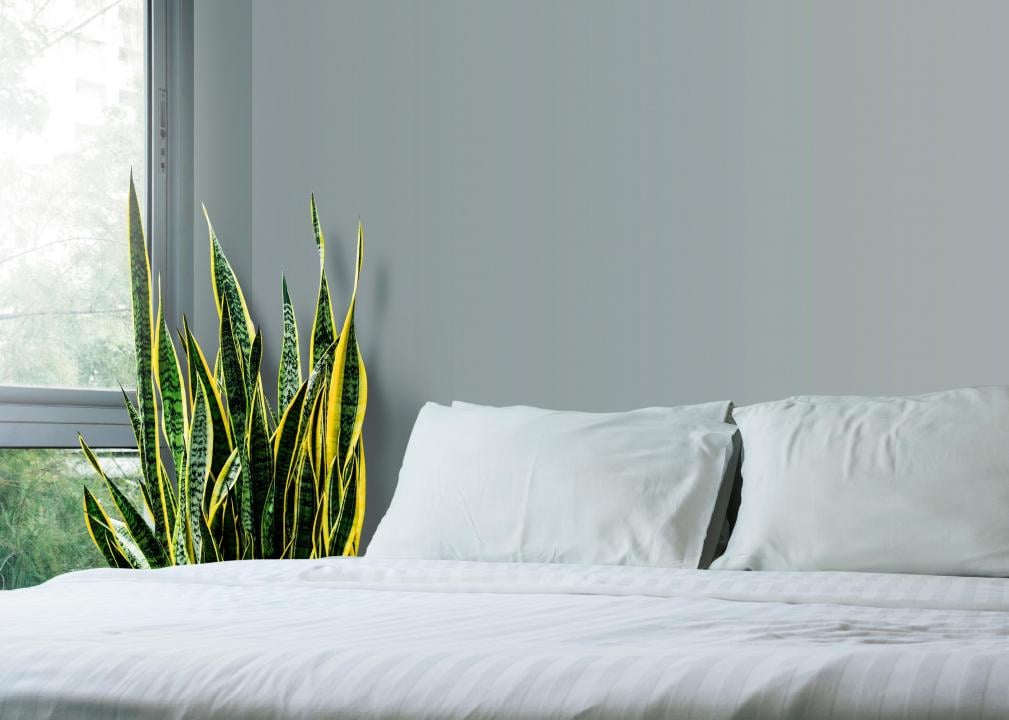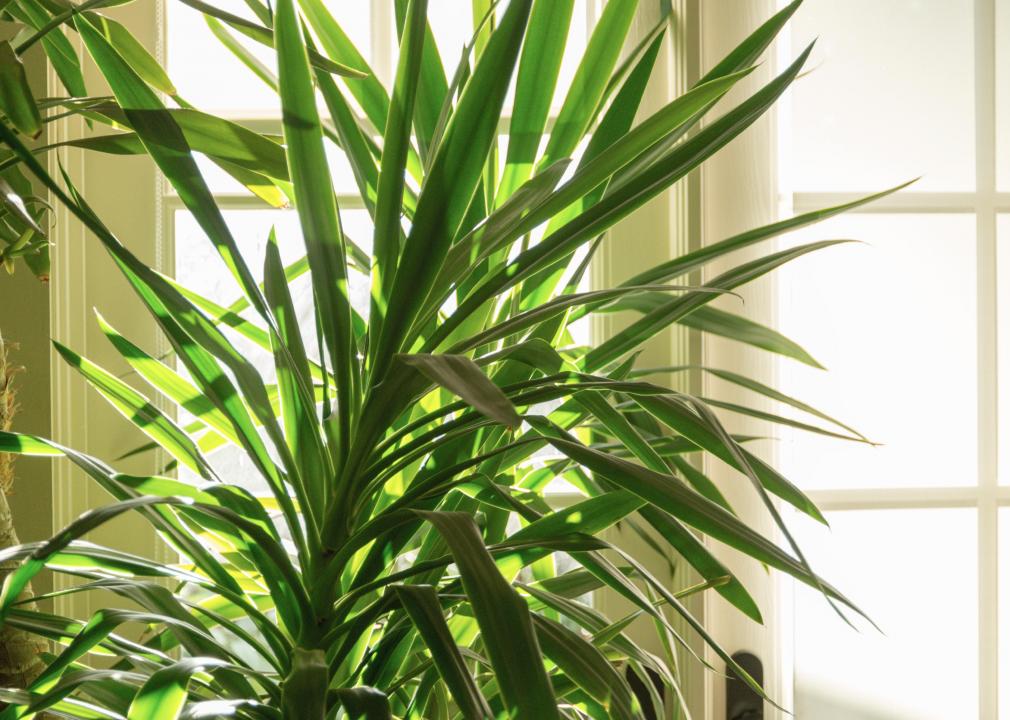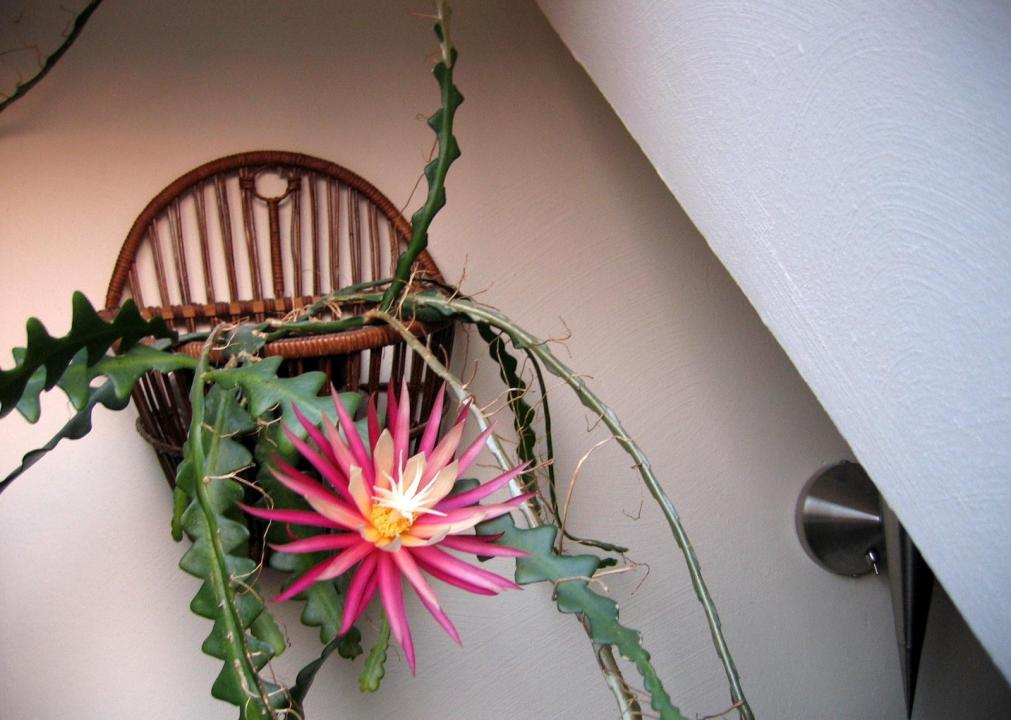Study: Plant-based Diet Reduces Sleep Apnea
Apparently researchers have answered my prayers and found a way for us quieter night’s sleep. It seems like an easy fix if you have discipline. Switching to a healthy plant-based diet might just be the ticket to getting a quieter night’s sleep for you and everyone else who has to listen to you snore. Not only is my husband guilty of snoring, but I am too! Obviously, I am overly excited to come across this find.
Researchers discovered that people who eat lots of veggies, fruits, whole grains, and nuts are less likely to deal with something called obstructive sleep apnea. We have all heard about this but here’s what happens: your breathing gets interrupted during sleep, causing loud snoring and constant wake-ups throughout the night. That’s why we get out of bed feeling so exhausted!
Reading the research by an article in Healthline, it’s not just about snoring. Sleep apnea can also increase your chances to get other health risks for things like high blood pressure, stroke, heart disease, and even type 2 diabetes. Yikes , that’s enough to scare me into eating my vegetables!
The study found that people with diets heavy on the plant-based diet were about 19% less likely to have sleep apnea compared to those who didn’t eat as many plant-based foods. And even just leaning towards a vegetarian diet seemed to lower the risk too.
As with everything, there always seem to be a catch. It’s not just good enough to eat plants, it’s about eating the right kinds of plants. If your plant-based diet is filled with sugary drinks, refined carbs, and high-salt foods, it could actually increase your risk of sleep apnea by 22%. That’s crazy confusing, right?
I needed to investigate to why this happens. Well, according to experts like Dan Gartenberg, who’s a sleep scientist, it’s all about inflammation. Healthy plant-based foods are packed with stuff that fights inflammation, like antioxidants and nutrients, which can help keep your airways clear during sleep. But, munching on too many sugary and salty treats can cause inflammation in your throat and mess with your body’s fluid balance. These treats can lead to swollen tissues and more breathing problems during sleep.
If this info is not enough to start you eating more plants, wait – there’s more! Eating a plant-based diet can help keep you at a healthy weight, which is a big deal because obesity is a major risk factor for sleep apnea. There’s even a connection between diet and acid reflux. Are you aware that acid reflux can make sleep apnea worse? Certain foods can trigger reflux, but studies suggest that people on plant-based diets are less likely to deal with chronic reflux issues.
So after putting it all together, eating a healthy plant-based diet isn’t just good for your body overall – it could also mean quieter nights and better sleep. Sounds like a win-win to me!
20 Starter Houseplants Anyone Can Keep Alive
Houseplants are a great way to bring greenery inside and uplift the mood of a home. Many people, however, hesitate to own plants due to the time and attention they require or the lack of ample sunlight in their homes. Contrary to popular assumptions, though, there are plenty of hardy plants that can thrive effortlessly inside, converting a dreary setting to a lively conversation starter.
Houseplants need the bare minimum to survive indoors: water, light, and soil. As long as these three are taken care of, plants will grow as beautifully as they would in any outdoor environment. The challenges usually arise when sensitive plants with fragile blooms—like miniature roses or azalea—have to constantly be monitored since they are conditioned to survive only under very specific environments indoors.
This is where hardy indoor plants come to the rescue. Many beautiful herbs, shrubs, climbers, flowering plants, and even medium tree-sized plants can refresh your home with their bountiful presence, even for the novice gardener. The added advantage is that some of these also have been scientifically proven to reduce the toxicity of a home.
As Matt Suwak of Gardener’s Path explains, the important thing to remember for growing any plant is to provide conditions close to the native environment of the plant and do everything in moderation. Many enthusiastic first-time indoor gardeners, for example, water their plants daily, which is unnecessary in most cases. Indoor plants usually seem to thrive better with more infrequent watering. A good rule of thumb is to check the soil dryness. If it feels wet, the plant does not need to be watered.
As plants need sunlight to grow, another popular misconception is that a dimly lit apartment or a room that does not offer direct sunlight is not ideal for plant life. While some plants do need ample sunlight, there are sturdier varieties you can keep alive effortlessly even with indirect lighting.
To offer tips and encourage novice gardening enthusiasts to add a dash of green to their homes, Stacker compiled a selection of great starter houseplants from gardening websites like The Spruce, Gardening Know How, Good Housekeeping, and the Missouri Botanical Garden. These 20 plants generally grow well in all conditions, can sustain the winter months, and require minimum care and maintenance, all while bringing freshness and beauty to a space.
1. Aloe
Canva
Aloe vera is commonly known as medicinal aloe. It is a good plant to grow at home not just because of the ease with which it propagates, but also because of its medicinal properties—from its everyday use as a moisturizer to the cooling and healing effects of its gel-like sap. Aloe can be grown in sandy, well-drained pots. It does not need much care except avoiding too much watering and rain damage. You know the plant is growing well if offsets start appearing on the base of the parent plant, which can be removed and re-planted.
2. Asparagus fern
Traumrune // Wikimedia Commons
This plant is not a fern but its stem is covered with linear leaves. The leaves are needle- or grass-like and look beautiful because of their attractive shape. The small white flowers blooming between the foliage add to its beauty. Asparagus can be kept indoors and outdoors with equal ease. The cascading foliage also looks great in a hanging basket. When planting indoors, it is a good idea to keep misting the plant as the leaves might turn yellow. Other than this, the plant only needs regular watering and to be repotted every few years.
3. African violet
Canva
As the name suggests, these herbaceous perennials are native to the African countries of Tanzania and Kenya. They produce clusters of violet, purple, or white flowers over the leaves that brighten any living room or dining space immediately. The initial planting requirement includes using loose soil with high organic matter content. It grows well in indirect light, with light watering occasionally. Once a year, it is a good idea to replant in fresh soil.
4. Air plant
Canva
The true name of this plant is Tillandsia, but it has gained popularity as an “air plant” because of its ability to get most of its nutrient requirements directly from the air. While it looks like a high-maintenance plant, it is very simple to care for. Experts advise soaking the plant in water for 15 minutes the first time. Then shake and let it dry before placing it in any setting that you prefer. Mist or soaking it in water every week is the only attention this exotic-looking plant seeks later on.
5. Chinese evergreen
Canva
These herbaceous perennials are from Southeast Asia and are recognizable from their variegated silvery-white and green leaves. This plant prefers diffused sun or indirect light and thrives well in warm temperatures with high humidity. Low watering from fall to winter is preferred.
6. Coral cactus
Mokkie // Wikimedia Commons
Coral cactus is a hybrid plant. It is not a cactus but a succulent that looks like one. Its most attractive feature is its coral reef-like crinkled appearance with pink or ruby edges. It is an especially good choice for those who are looking for an unusual type of houseplant. It grows well in partially sunny spots and doesn’t need much watering. A good trick is to check the drainage hole of the pot for wetness. If it is dry, then it is a good time to water moderately.
7. Christmas cactus
Canva
Christmas cacti produce bright-colored flowers in red, providing a perfectly bright setting during Christmas time. In its natural habitat, the cactus is found growing on the tree branches in the forests of Brazil. They have flattened leaves with rounded teeth on the margins. Like all cacti, its water requirement is minimal and it is good to keep the pot well-drained. A pruning in June ensures that there are more branches and more flowering around December.
8. Corn plant
Sachiczko // Shutterstock
The corn plant is quite popular for homes and offices because of its easy care and maintenance. There are a few varieties of the plant, but the most common one has green outer edges and yellow in the center of the long leaves. The plant itself grows approximately four feet. It needs indirect light and moderate watering. Excess watering may cause the leaves to droop.
9. Cast iron plant
rrei320 // Flickr
This plant is also known as the ballroom plant, or the haran plant in Japanese. It is a good choice for those who do not have much time to tend to their plants at home. Although a slow grower, the plant can live for a number of years without much requirement for constant watering. Small purple flowers appear in mature plants near the soil surface, but it is the attractive foliage for which the plant is known rather than its flowers.
10. Fiddle-leaf fig
pornpawit // Shutterstock
The glossy green leaves with perfectly shaped veins give the fiddle-leaf fig its reputation as a popular house plant. This plant can grow up to six feet at home. It is originally from the tropical jungles of Africa, where it grows as epiphytes, meaning by embedding its seeds on another tree and using its nutrients to grow. At home, though, they grow quite easily in the soil with regular watering.
11. Lucky bamboo
Canva
Over the last decade, the trend of growing lucky bamboo’s elegant, twisted stalk arrangements in glass and ceramic pots has only increased. The plants are not really true bamboos but two species, namely the Dracaena sanderiana and Dracaena braunii. For feng shui enthusiasts, the plants offer peaceful home energy. They do not require any soil and grow easily inside a pot with rocks and pebbles, filled with water. The only care they need is proper water level and moisture.
12. Parlor palm
Studio Light and Shade // Shutterstock
In its natural habitat, the parlor palm can grow as tall as 16 feet. As an indoor plant, though, it has adapted well to a maximum growth length of two to six feet. The added advantage of growing this plant at home is that it can stay green even after being cut for about 40 days, making it ideal for flower arrangements and Palm Sunday decorations.
13. Philodendron
Canva
This is a large genus of flowering plants, with at least 450 species. They are known as no-fail plants because of the ease with which they can be grown. You can choose a variety that is upright or the more popular climber varieties that look pretty in any corner of the house. They only need to be moved occasionally to a sunlit spot and watered once every two or three days, or when the topsoil feels dry.
14. Peperomia
Diego Delso // Wikimedia Commons
These plants are semi-succulents native to Central and South America. There are thousands of varieties that grow well as indoor plants and have similar care requirements, including indirect sunlight and moderate watering from the bottom to prevent sogginess of the topsoil and leaf disease. Peperomia has also been known to grow well under fluorescent lighting. The leaves are thick, shiny, and may be glossy green, red, or cream depending on the variety.
15. Peace lily
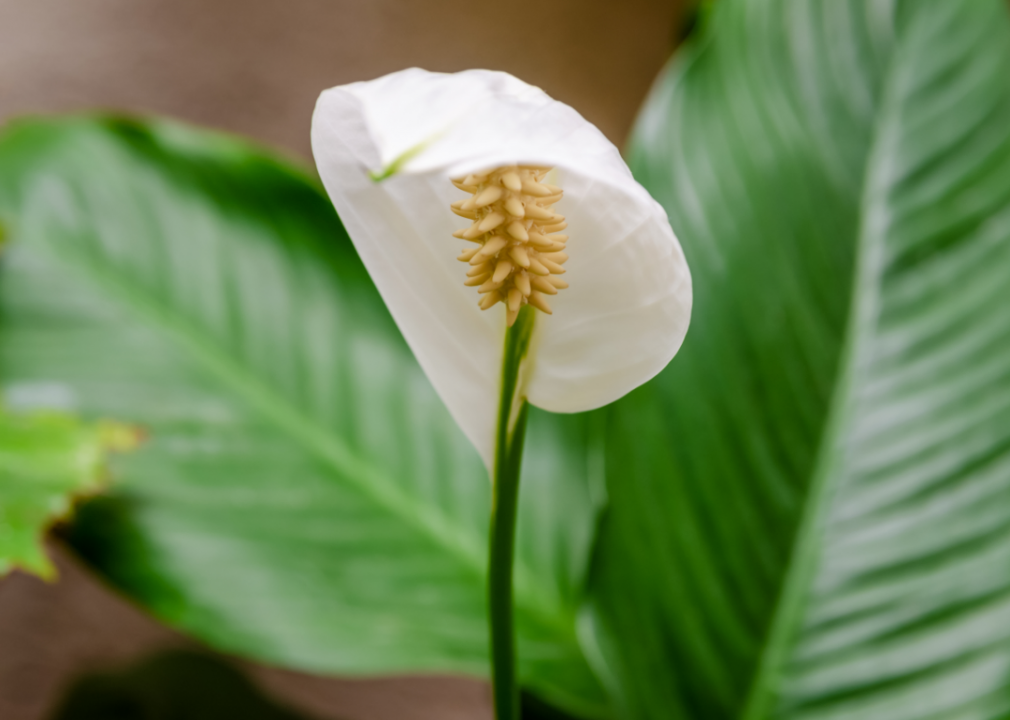
Canva
The beautiful plant is easy to care for and a popular choice when it comes to indoor plants because of the beautiful flower cluster surrounded by a white leaf and its noted ability to clean the air of benzene, formaldehyde, and trichloroethylene. It requires moderate watering and light conditions to grow well.
16. Rose succulents
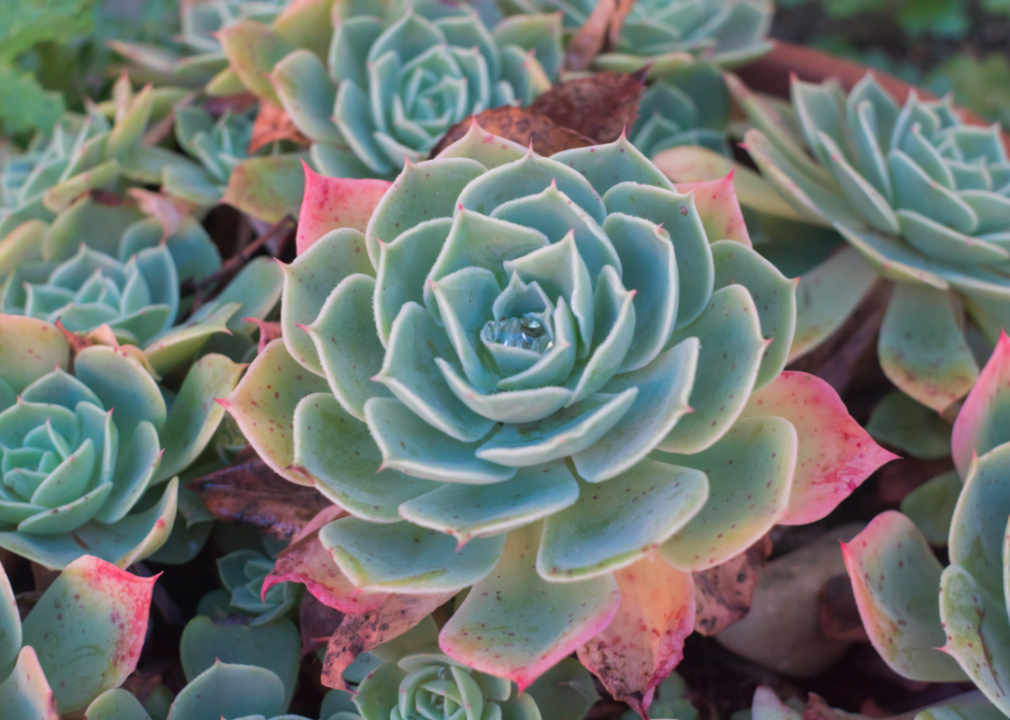
Canva
These plants are called rose succulents because of their tiny blooming appearance, so much so that if they did not have a green tinge, you could easily mistake them for a rose. They are native to the Canary Islands located off the coast of Spain. Unlike other plants, these succulents grow more during the winter than during summer. They can tolerate wet soil better than other succulents but need a pot with good drainage.
17. Spider plant
Eptalon // Wikimedia Commons
The spider plant has small plantlets that dangle from the mother plant, and can simply be cut and replanted. Spider plants are very easy to grow and thrive well in all conditions. The elongated leaves are a beautiful light green with white borders. These hardy plants can be easily grown indoors in well-drained pots.
18. Snake plant
Canva
The snake plant is one of the most tolerant indoor plants, and thus very popular. You can recognize its elongated, thick leaves with yellow borders. It is also known as mother-in-law’s tongue and is native to Europe, Asia, and Africa, with more than 70 known species. As an indoor plant, it can be grown in medium-sized pots by directly planting a leaf cut through vegetative propagation or a rhizome cut from the root. The best part is that you can forget to water it for weeks, and the plant still looks fresh.
19. Yucca
Canva
This is a drought-tolerant plant with sword-like leaves and beautiful white inflorescence. This plant fulfills most of its water needs from its bulbous base or stalk. While it is a slow-growing plant, it requires zero care other than exposure to sunlight. If you are looking for a plant for a terrace garden or an open space with ample sunlight, this one is a good choice.
20. Zig zag cactus
Micropix // Wikimedia Commons
This eclectic little plant is sure to become a point of conversation with anyone who visits. It is also known as the fishbone cactus or the ric rac because of the alternate pattern of leaves across its central spine. The plant is originally from Mexico and grows in groups, hanging from trees in a tropical, moist environment. At home, you can use a hanging basket or a pot with low soil and a good compost mix.


